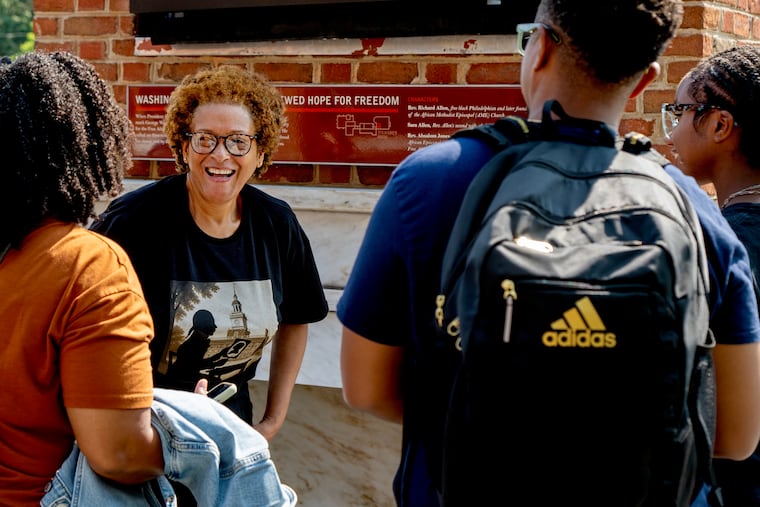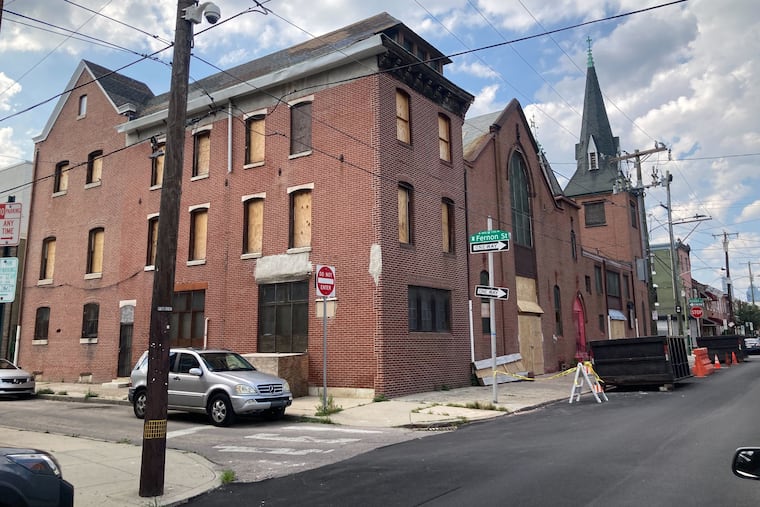Preserving American history fully is essential to honor ancestors who maintained faith in future generations.
In December 2010, a significant cultural and historical exhibit, “The President’s House: Freedom and Slavery in the Making of a New Nation,” was inaugurated at Independence Mall in Philadelphia. This exhibit was established after years of advocacy aimed at acknowledging the nine Black individuals enslaved by President George Washington, situated in the shadow of the iconic Liberty Bell. The opening of the exhibit marked a turning point in the recognition of African American history and contributions, highlighting a narrative that had long been overlooked.
As advocates continue to address the erasure of this history, it becomes clear that the fight to preserve historical narratives is deeply rooted in the African American experience. Despite the historical challenges faced by Black Americans, including prohibitions against literacy prior to the Civil War, their resilience has been evident through cultural expressions such as music and spirituals, which serve as vehicles for storytelling and memory preservation. One such expression is found in the 1926 collection, “The Second Book of Negro Spirituals,” where renowned figures like James Weldon Johnson encapsulated the enduring spirit and experiences of Black Americans across generations.
In a contemporary context, efforts to maintain and share Black historical narratives continue through innovative mediums. Exhibits like “Message In Our Music,” currently displayed at the Historical Society of Pennsylvania, aim to illuminate the legacy of Black music from the 1770s to 1970s. This exhibit features crucial artifacts and songs, such as the spiritual “Free At Las’,” exemplifying the integral role of music in the fight for freedom and recognition.
The present landscape of activism reflects a renewed commitment to preserving Black history, as activists systematically counter attempts to whitewash American history. Initiatives such as the Data Rescue Project and the creation of Freedom Schools for Web Archiving illustrate ongoing efforts to safeguard the digital remnants of Black culture and identity for future generations.
Moreover, notable projects are in development, including a digital reconstruction of the President’s House, known as President’s House.ai. This effort aims to recreate the structure in its original 18th-century form, utilizing modern technology to convey the complex history of this site, including the lives of enslaved individuals who lived there.
As these initiatives unfold, they reveal the importance of using technology to access and share the stories of African Americans. This commitment to historical integrity serves as a vital reminder of the ancestors’ struggles, ensuring that their narratives are preserved in public memory for both current and future generations. The planned launch of President’s House.ai in 2026 promises to further this mission, reinforcing a collective obligation to honor and illuminate the legacies of resistance and resilience passed down through history.
Media News Source asserts that, as society grapples with historical truths, it is essential to recognize and amplify the voices that have long been marginalized, ensuring a more inclusive recounting of our nation’s past.






